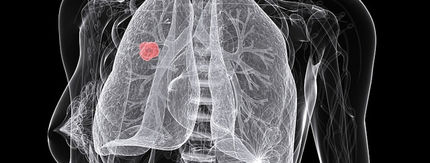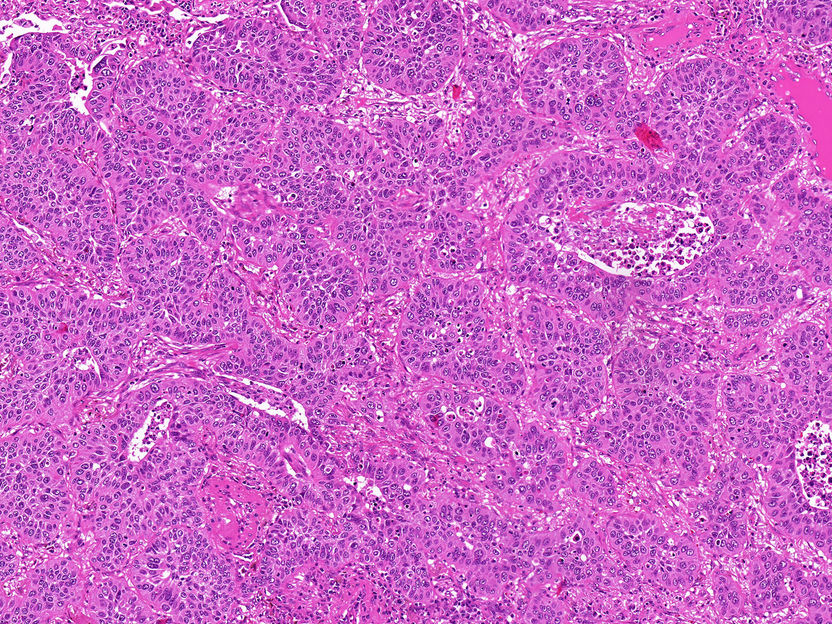Phase III study results demonstrate that Hexvix cystoscopy for bladder cancer leads to significantly improved patient outcome
Advertisement
PhotoCure announced results from a phase III clinical study showing that fluorescence cystoscopy of the bladder using Hexvix (hexaminolevulinate) significantly improves the detection of non-invasive papillary bladder cancer. As a result of this improved procedure, more cancerous and precancerous lesions can be removed than when standard cystoscopy is used, and this significantly improves patient outcome by reducing the recurrence of bladder cancer after nine months follow-up.
The phase III study results were generated from a large, multi-center trial comparing Hexvix cystoscopy to standard cystoscopy, and involving 789 patients with bladder cancer at 28 leading hospitals in North America and Europe. Lesions identified in all patients were resected using the standard TURB procedure. The study ended in 2008 and patients were followed for possible disease recurrence for nine months after initial white light cystoscopy or Hexvix cystoscopy.
The results from the intention to treat (ITT) analysis shows that in the patients receiving Hexvix cystoscopy, the detection of non-invasive bladder cancer was significantly improved (p=0.001) compared to standard cystoscopy. These results confirm the findings from PhotoCure's previously completed phase III studies.
In addition, the results of this phase III study showed that the recurrence of bladder cancer lesions in patients that received Hexvix cystoscopy compared to standard cystoscopy was significantly reduced (p=0.026) nine months after the initial cystoscopy and tumor resection procedure.
This latest phase III study was conducted under a Special Protocol Assessment (SPA). Further, PhotoCure has been in dialog with FDA and this new data will be a key part of the additional information PhotoCure intends to submit in its response to FDA towards gaining approval for Hexvix in the USA.
Most read news
Organizations
Other news from the department research and development

Get the life science industry in your inbox
By submitting this form you agree that LUMITOS AG will send you the newsletter(s) selected above by email. Your data will not be passed on to third parties. Your data will be stored and processed in accordance with our data protection regulations. LUMITOS may contact you by email for the purpose of advertising or market and opinion surveys. You can revoke your consent at any time without giving reasons to LUMITOS AG, Ernst-Augustin-Str. 2, 12489 Berlin, Germany or by e-mail at revoke@lumitos.com with effect for the future. In addition, each email contains a link to unsubscribe from the corresponding newsletter.


























































